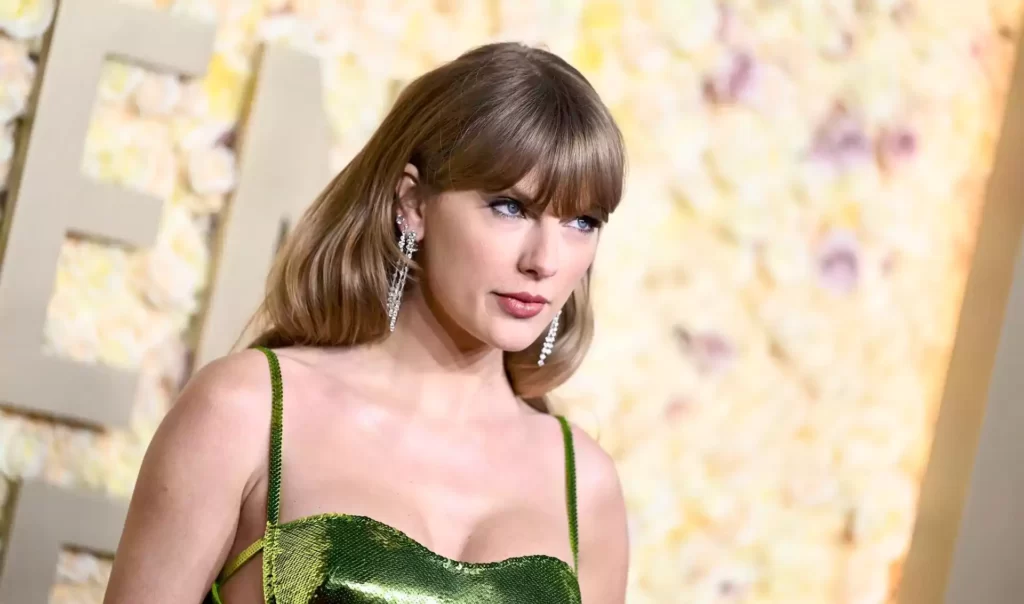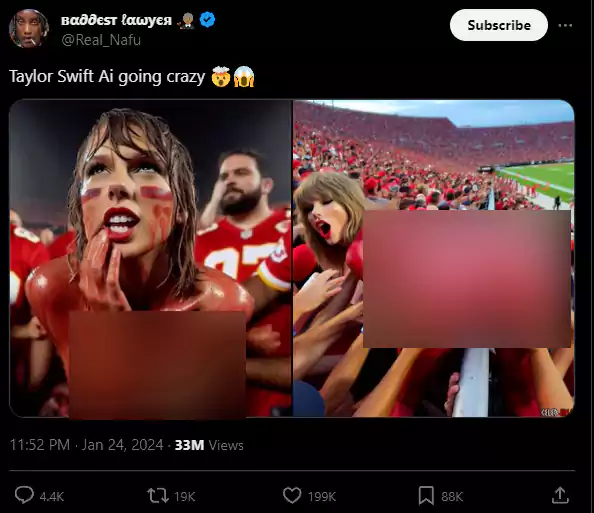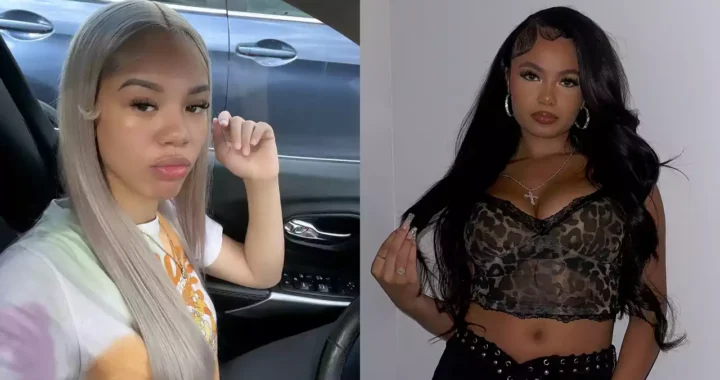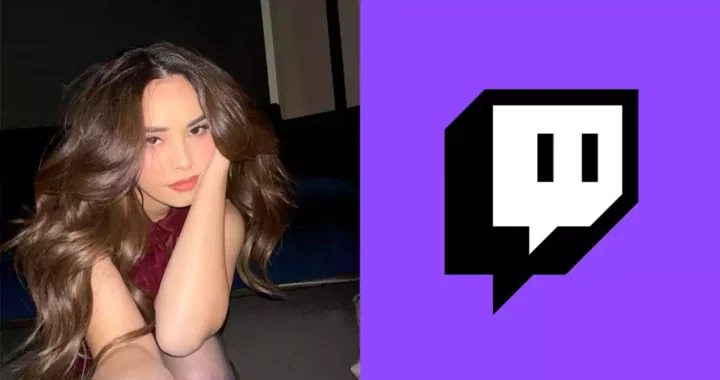Taylor Swift AI Images Spark Outrage: Swifties Rally Against Deepfakes, Highlighting Concerns over Lack of Regulation
3 min read
Gilbert Flores/Golden Globes 2024/Golden Globes 2024 via Getty Images
On January 24, deeply offensive AI-generated images featuring Taylor Swift circulated online, causing outrage among fans and prompting a swift response from the singer’s devoted fanbase, known as Swifties. One of the AI-generated deep fake images, shared by @Real_Nafu, portrayed Swift in a disparaging and pornographic light, depicting a scenario at a Chiefs game that shocked netizens.
Man this is so wrong and inappropriate
— trissss (@tristnat0r) January 25, 2024
Swift’s Monumental Impact: “Swiftonomics”
Taylor Swift, recognized as Time Magazine’s most powerful person of 2023, has transcended the boundaries of music and become a cultural, political, and economic force, leading to the coining of the term “Swiftonomics.” From highly successful concerts that generated immense tourism revenues and jobs to boosting viewership of Chiefs games, Swift’s influence on various aspects of society is undeniable.

Swifties Defend Taylor Swift against Offensive AI Images
Fans expressed their dismay and condemnation of the AI-generated images on various social media platforms. Outraged Swifties flooded the internet with messages denouncing those responsible for creating and sharing the offensive content, and some encouraged their fellow fans to counteract the negative imagery by sharing positive content from Taylor Swift’s iconic eras tour.
just saw the taylor swift AI pictures pic.twitter.com/nWKHKkjSk8
— juju 💰 (@ayeejuju) January 25, 2024
Me to whoever made those Taylor Swift AI pictures pic.twitter.com/LFufYTlaFf
— Neo ☯ (@neolithicobject) January 25, 2024
whoever making those taylor swift ai pictures going to heII pic.twitter.com/pr7RgCDH89
— kira 👾 (@kirawontmiss) January 25, 2024
Concerns Over Lack of Regulation in Deepfake Technology
The incident involving Taylor Swift is part of a broader concern regarding the proliferation of AI-generated content, particularly deepfakes, without the consent of the individuals involved. Celebrities have increasingly faced challenges as their likeness is exploited by AI applications, prompting legal actions such as Scarlett Johansson’s case against an AI app misusing her image in an online advertisement.
The surge in AI-generated content has prompted discussions around the need for stricter regulations. Notably, Rep. Yvette Clarke, D-N.Y., introduced the DEEP FAKES Accountability Act of 2023, which proposes requiring creators to digitally watermark deepfake content. While this legislation aims to address concerns related to the misuse of AI technology, it is yet to be ratified and passed in Congress.
Technology’s Evolving Impact and the Call for Regulation
As AI technology advances, the line between reality and fiction becomes increasingly blurred, raising ethical and legal concerns. Pope Francis, who himself fell victim to a deepfake, has spoken out against the technology, emphasizing the distorted relationship with reality that it fosters. The controversy surrounding Taylor Swift’s AI images underscores the urgent need for comprehensive regulations to govern the use of deepfake technology.
The intersection of technology, celebrity culture, and ethical considerations has brought the issue of deepfake regulation to the forefront, prompting a collective call for measures to safeguard individuals from unauthorized and malicious use of their likeness in AI-generated content.



